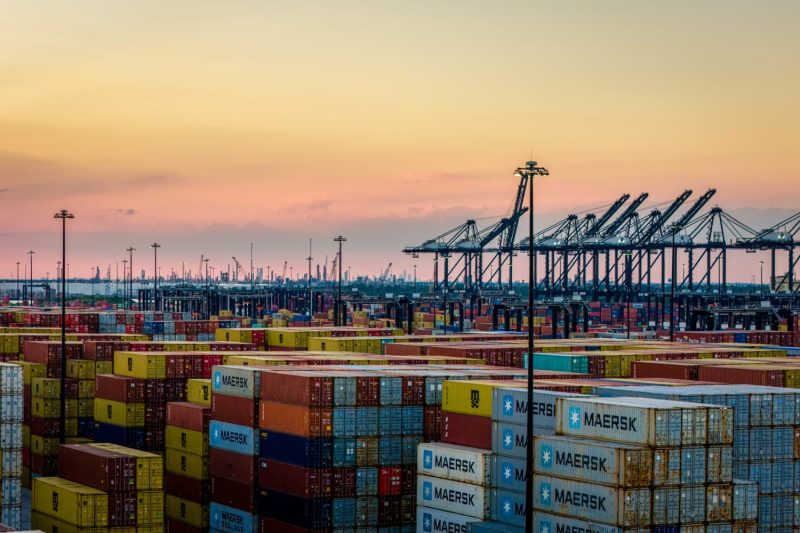The recent uproar within the maritime industry has sparked concerns about a potential major maritime strike that could adversely impact ports along the East Coast. This potential strike, if executed, has the potential to disrupt supply chains, delay shipments, and lead to economic repercussions far beyond the maritime sector.
At the heart of the issue are the contentious contract negotiations between the Maritime Union and shipping companies. The Maritime Union, representing workers such as dockworkers, ship engineers, and others in the maritime industry, is pushing for improved wages, benefits, and working conditions. The union argues that these demands are necessary to ensure the well-being of its members and to keep pace with the rising cost of living.
Shipping companies, on the other hand, are wary of agreeing to the union’s demands due to concerns over the potential financial burden it may place on their operations. The increasing operational costs for shipping companies, coupled with the challenges posed by global economic uncertainties and changing trade dynamics, have created a tense negotiation environment.
The impact of a potential maritime strike on ports across the East Coast cannot be understated. Ports serve as vital hubs for the flow of goods, connecting manufacturers, distributors, and consumers. Any disruption to these operations can have far-reaching consequences, leading to delays in deliveries, increased transportation costs, and shortages of essential goods.
Furthermore, the ripple effects of a maritime strike could extend beyond the immediate economic realm. Disruptions in the supply chain may impact industries reliant on timely deliveries, such as manufacturing, retail, and agriculture, leading to potential job losses and decreased consumer confidence.
As the negotiations between the Maritime Union and shipping companies drag on, there is a growing sense of urgency to find a resolution before the situation escalates into a full-blown strike. Both parties must engage in open, constructive dialogue to reach a mutually beneficial agreement that balances the needs of workers with the operational requirements of shipping companies.
In the face of these challenges, stakeholders within the maritime industry, government officials, and labor representatives must work together to find a sustainable solution that ensures the continued smooth operation of ports along the East Coast. Collaboration and compromise will be essential in navigating the complexities of the situation and averting the potentially devastating consequences of a major maritime strike.

